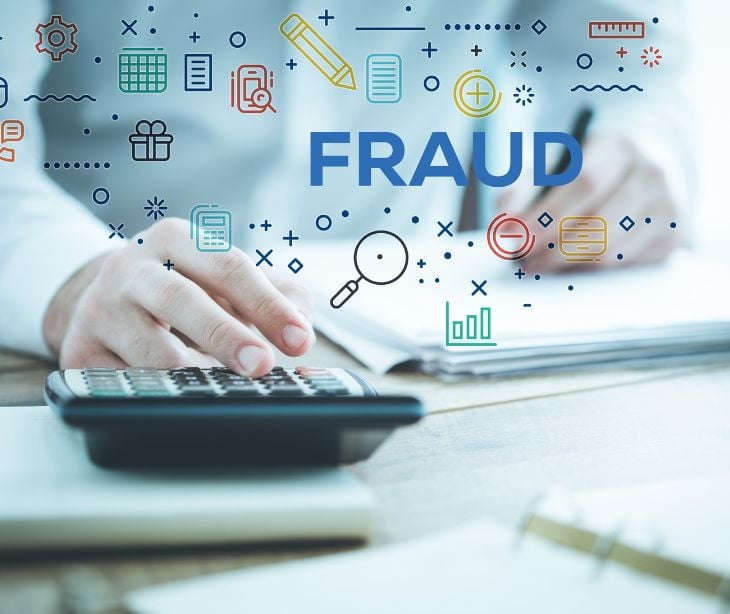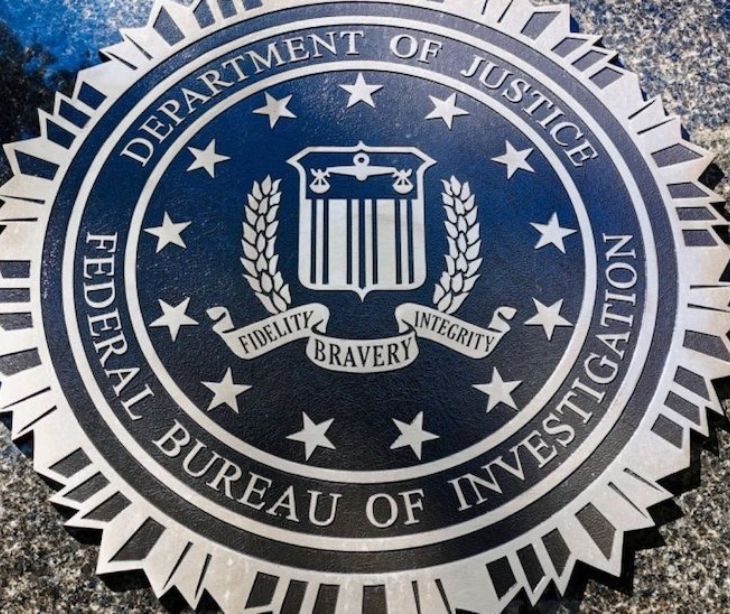
Healthcare fraud is when someone intentionally deceives some part of the medical system to receive a payment or benefit they’re not entitled. These frauds can be committed by anyone who uses the healthcare system.
Healthcare fraud is a growing concern in America, with billions of dollars stolen each year from the medical system. While white-collar crimes like stock market fraud often take the spotlight, healthcare fraud is a significant issue affecting providers and patients.
Understanding healthcare fraud
Healthcare fraud can involve providers like doctors and nurses, and care recipients. Fraudulent practices in healthcare can take various forms; however, by identifying these potentially fraudulent practices, healthcare providers can take proactive steps to prevent fraud before it happens.
Unnecessary treatments
Providers must maintain accurate records of the services they provide to patients. These records not only protect against potential malpractice lawsuits but also act as evidence of the treatments provided.
However, some providers order treatments not supported by their patients' medical records. Suppose you frequently encounter expensive diagnostic tests ordered for common conditions without valid reasons. In that case, it may indicate an issue with unnecessary treatments. Keeping a close eye on these practices and ensuring that treatments are justified by medical necessity can help prevent healthcare fraud.
Upcoding or deliberate miscoding
Upcoding or deliberate miscoding occurs when a provider bills insurance for a more expensive service or a more serious diagnosis than what was provided or diagnosed.
For example, if a patient visits with a cut on their face and a headache, but the provider codes it as a "brain tumor" and orders an unnecessary MRI, it raises concerns about upcoding. To prevent healthcare fraud, it is important to ensure accurate coding practices and regularly review billing codes with your team to avoid unintentional errors or deliberate manipulation.
Deliberate misdiagnosis
Similar to deliberate miscoding, deliberate misdiagnosis involves intentionally misdiagnosing patients with more severe conditions to bill insurance companies or Medicare for higher-level services.
Unlike miscoding, the patient is aware of the diagnosis and procedure in this case. Maintaining ethical standards and providing accurate diagnoses based on medical evidence is necessary. Regular peer reviews and second opinions can help identify potential cases of deliberate misdiagnosis within your practice.
Unbundling of bundled services
Medicare regulations often bundle certain services together, offering them at a reduced cost as a package. Unbundling these services and charging separately for each component is considered fraudulent and can significantly inflate costs.
Healthcare providers should familiarize themselves with Medicare regulations and ensure compliance with bundled services to prevent healthcare fraud. Reporting any instances of unbundling to the Centers for Medicare and Medicaid Services (CMS) is an important step in safeguarding the integrity of the healthcare system.
Kickbacks
Kickbacks occur when providers refer patients to other providers without considering the patient's needs, often in exchange for incentives, gifts, trips, or other rewards.
Engaging in kickback schemes compromises patient care and undermines trust within the healthcare system. Providers should carefully scrutinize their referral practices and ensure that referrals are based solely on the patients' best interests. Transparency and ethical decision-making should guide all referral processes to prevent healthcare fraud.
Impersonating a healthcare provider
Impersonating a healthcare provider is a fraudulent practice typically performed by non-medical individuals or patients who steal information from legitimate healthcare practices. These imposters use the stolen information to bill for services and equipment without a valid license.
Suppose you notice any suspicious activity, such as strange receipts, requests, or customer complaints. In that case, promptly reporting it to the appropriate authorities is necessary. Working with legal professionals experienced in healthcare fraud can help protect your practice from impersonation schemes.
Read also: Understanding the Healthcare Fraud and Abuse Control Program
Understanding current healthcare regulations
To prevent healthcare fraud, healthcare providers must have a solid understanding of the current healthcare regulations. One key regulation to be aware of is the False Claims Act, a federal law prohibiting the submission of false claims related to federal healthcare programs like Medicare.
Maintaining good data security
Fraudsters often exploit vulnerabilities in data security to steal and misuse patient information for fraudulent billing purposes. Protecting patient data is important not only for patient privacy but also for preventing healthcare fraud. Healthcare providers should prioritize data security by keeping computer systems up-to-date, implementing encryption measures, and limiting access to sensitive patient information.
Regularly auditing ordering and billing practices
Even if you outsource your medical billing to a third party, you remain personally accountable for Medicare billing errors. Regular audits of your billing practices, either internally or with the assistance of an independent party, can help identify any errors or suspicious activities.
Creating a compliance plan
Developing a compliance plan is essential for preventing healthcare fraud. Your plan should cover various aspects, including auditing and internal monitoring. It is advisable to seek guidance from experienced healthcare lawyers who can provide insights and recommendations tailored to your practice.
Avoiding conflicts of interest
Conflicts of interest can undermine the integrity of healthcare practices and lead to potential fraudulent activities. It is essential to understand and avoid conflicts of interest within your practice. If disputes arise, disclose them promptly and take appropriate measures to address them transparently.
See also: HIPAA Compliant Email: The Definitive Guide
In the news
Fraudsters are increasingly targeting seniors by acquiring their private Medicare information under the guise of offering free services or products that often fail to materialize. According to a recent alert from the U.S. Department of Health and Human Services (HHS) Office of Inspector General (OIG), one prevalent scheme involves billing Medicare for unnecessary urinary catheters that may never be delivered to the enrollees. Scammers contact seniors through phone calls, internet ads, and text messages, claiming to work for or on behalf of Medicare. Their goal is to collect Medicare numbers and personal information, which they then use to submit false claims. In many cases, these fraudulent durable medical equipment companies pay unethical medical providers to authorize unnecessary equipment, exacerbating the issue.
Recent incidents show the broader scope of durable medical equipment fraud. In one case, Steven Richardson, owner of two telemedicine companies, pleaded guilty to a $110 million scheme involving unnecessary knee and back braces. Telemarketers targeting Medicare enrollees collaborated with Richardson, whose companies generated physician orders based on falsified medical examinations.
FAQs
What is healthcare fraud, and why is it a concern?
Healthcare fraud involves deceitful actions by individuals or organizations within the healthcare industry to obtain financial gain through false claims or deception. It is a concern because it undermines the integrity of healthcare systems, leads to unnecessary costs, compromises patient care, and erodes public trust in the healthcare system.
How does healthcare fraud impact patients, taxpayers, and the overall healthcare system?
Healthcare fraud negatively impacts patients by potentially exposing them to unnecessary or harmful treatments, compromising the quality of care, and increasing out-of-pocket expenses. Taxpayers bear the financial burden of healthcare fraud through increased government spending on programs like Medicare and Medicaid. Moreover, healthcare fraud undermines the sustainability and effectiveness of the healthcare system as a whole, diverting resources away from legitimate patient care.
Subscribe to Paubox Weekly
Every Friday we'll bring you the most important news from Paubox. Our aim is to make you smarter, faster.




